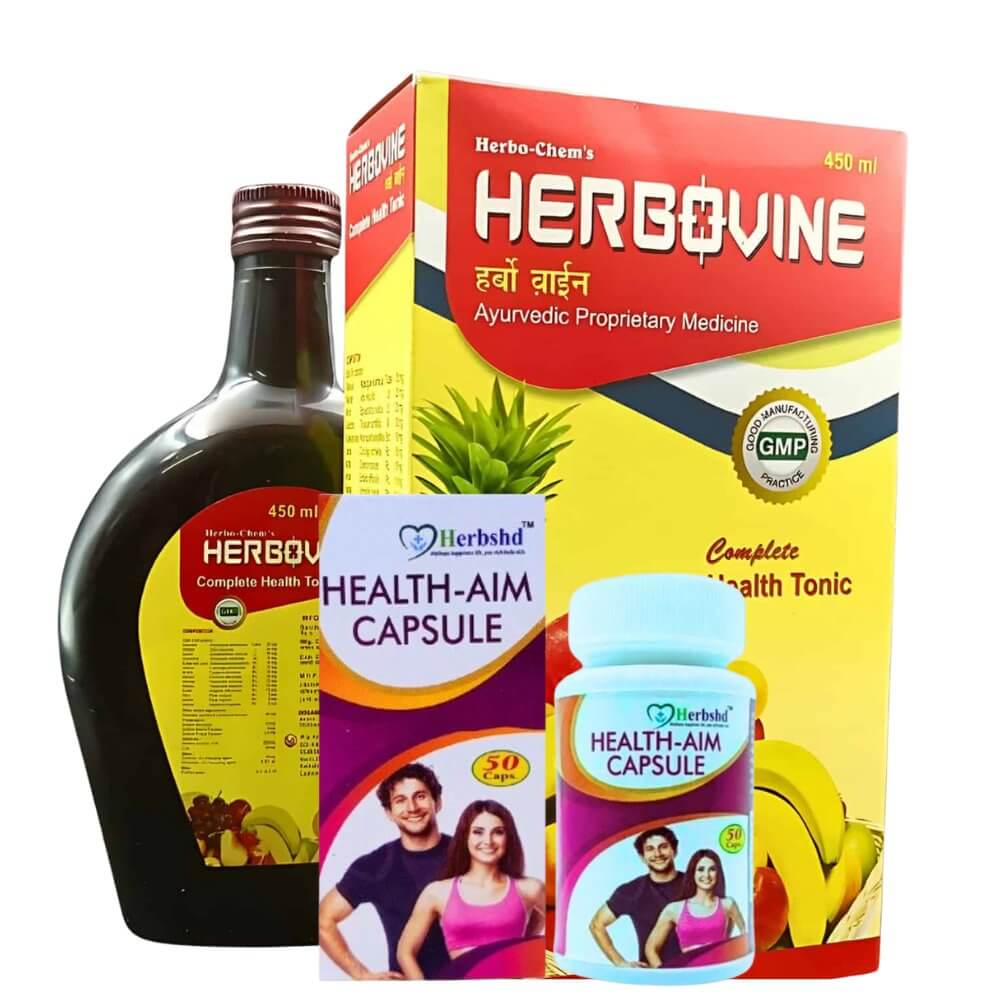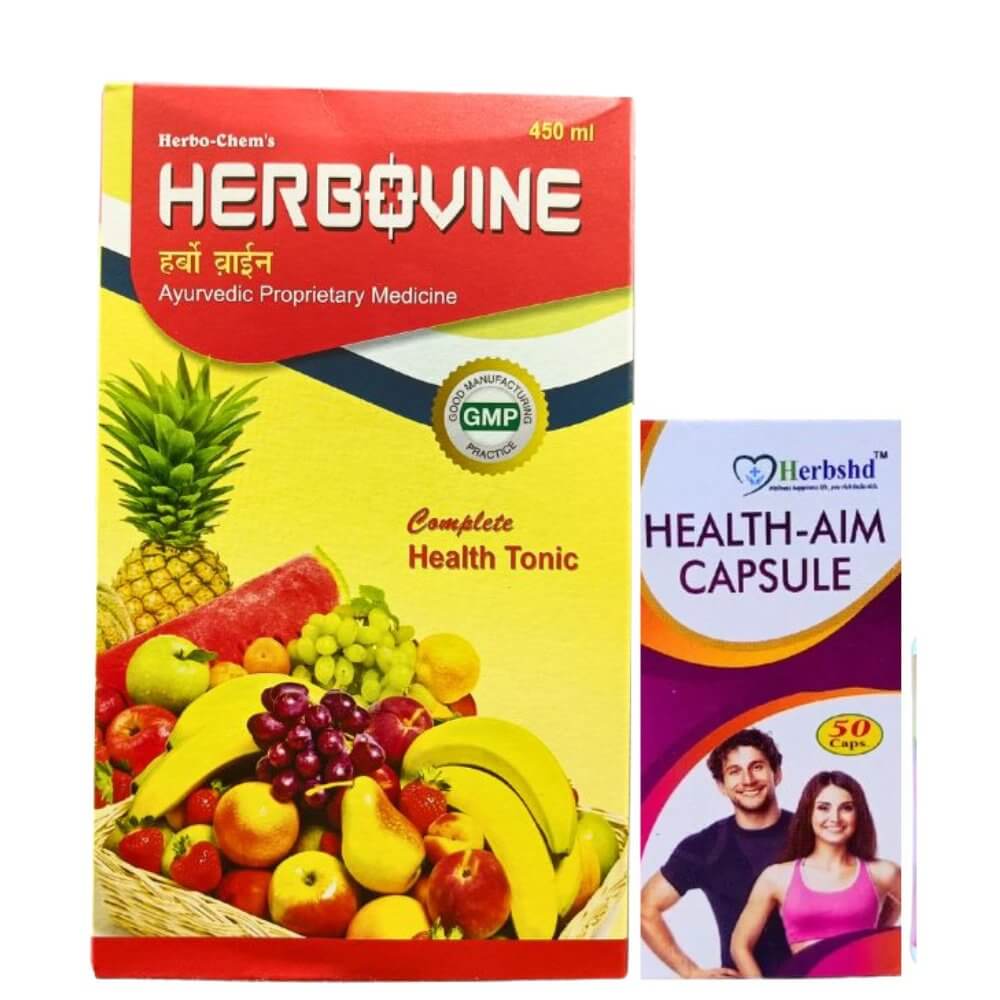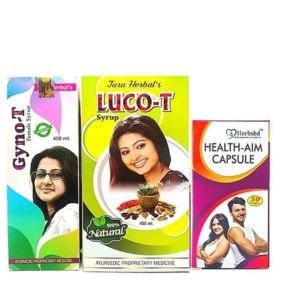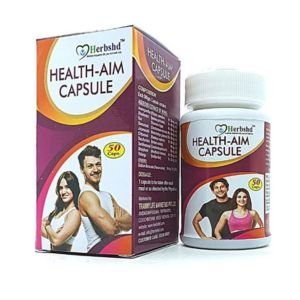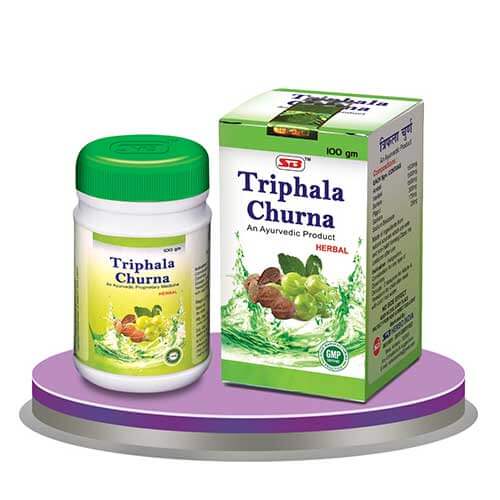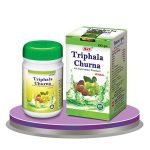Cervical spondylosis, also known as cervical of the neck, is a common condition characterized by degeneration of the vertebrae, discs, and ligaments in the cervical spine (neck region). Symptoms may include neck pain, stiffness, arm or hand numbness or weakness, and headache. Although conventional treatments, such as pain relievers, muscle relaxants, physical therapy, and, in severe cases, surgery, are often recommended, some individuals may seek alternative methods, such as Ayurveda, to manage their symptoms.
Home Remedies for Managing Cervical Spondylosis
While we don't intend to play up these home remedies and lifestyle habits as a sure-shot cure, using them once in a while can support your primary treatments for Cervical Spondylosis. However, there's always a particular risk of medicinal interaction. It’s advisable to consult your doctor when opting for cervical spondylosis home remedies.
Garlic
Garlic possesses anti-inflammatory and analgesic properties, and including this in your meals may help reduce inflammation, swelling, and pain.
Sesame Seeds

Sesame seeds are fortified with vitamins K and D, calcium, manganese, magnesium, zinc, phosphorus, and other minerals that are good for musculoskeletal health and may help manage pain. You can apply warm sesame oil to soothe the pain.
Castor Oil

Taking one teaspoon of castor oil with lukewarm water at night can help cleanse ama (toxins) and balance Vata. Do this once or twice a week.
Turmeric

Add one teaspoon turmeric powder to milk and heat the mix for five minutes at low flame. Let it cool, and add a little honey to improve the taste. Have it at night, before food.
Ginger

Drinking ginger tea twice a day can help improve your symptoms. Boil 4-5 thinly sliced ginger strips in 2 cups of water at medium flame for 10 minutes. Strain the water and add honey to improve the taste.
Exercise
Simple exercises like head rotation and side-to-side neck movements can prevent the neck pain from worsening. Do this exercise for at least 10 minutes twice daily.
Epsom salt

A warm water bath with Epsom salt will help the muscles to relax. It helps reduce inflammation and improves blood flow.
Lifestyle changes to manage Spondylosis
- Practice good posture: Maintaining proper posture can help alleviate the pressure on the cervical spine. Avoid slouching, and keep your neck and back straight when sitting or standing.
- Take frequent breaks: If you work at a desk or spend a lot of time sitting, take frequent breaks to stretch your neck and shoulders and change your position.
- Exercise regularly: Gentle exercises, such as neck stretches, can help improve flexibility, strengthen the muscles supporting the neck, and improve blood flow to the affected area. Activities such as walking, cycling, or swimming can be beneficial.
- Apply heat or cold therapy: Applying heat or cold therapy to the affected area can help alleviate pain and stiffness. Use a hot water bottle, heating pad for warmth, or cold pack for cold therapy.
- Practice relaxation techniques: Stress can exacerbate the symptoms of cervical spondylosis. Try relaxation techniques such as deep breathing, meditation, or yoga to help reduce stress and tension.
- Avoid activities that exacerbate symptoms: Certain activities, such as lifting heavy objects or participating in contact sports, can exacerbate the symptoms of cervical spondylosis. Avoid these activities or modify them to reduce strain on the neck.
- Use supportive pillows: A supportive pillow can help keep the neck comfortable while sleeping, alleviating pressure on the cervical spine.
- Maintain a healthy weight: Excess weight can put extra pressure on the cervical spine. Maintaining a healthy weight through a balanced diet and regular exercise can help reduce this pressure.
- Eat a healthy diet: A balanced diet with plenty of fruits, vegetables, and whole grains can help maintain a healthy weight and reduce inflammation.
- Manage stress: Stress can exacerbate the symptoms of cervical spondylosis. Try stress-reducing activities such as meditation, yoga, or deep breathing exercises.
- Quit smoking: Smoking can impair blood flow and reduce the delivery of oxygen and nutrients to the cervical spine, increasing the risk of further damage.
What not to do?
- You must avoid consuming sour and other acidic foods when suffering from cervical spondylosis or a musculoskeletal condition. For instance, amla, red meat, and citrus fruits. Also, eating white potatoes may shift Vata dosha away from its optimum levels. This may further aggravate the symptoms of cervical spondylosis.
- High-protein foods can interfere with how your body absorbs calcium. Low calcium absorption is one of the driving factors behind cervical spondylosis. It is also recommended to avoid salt and phosphorus, which is present in high quantities in carbonated drinks. Also, overconsumption of caffeine and alcohol can impede your body's ability to absorb calcium.
- Avoid cold baths and strenuous exercises that involve movements of the neck muscles.
- Sleeping on your belly can strain your neck. Plus, avoid slouching while sitting at your desk for long hours. It is better to sleep on the back or side.
- Lifting heavy objects can strain the neck and exacerbate the symptoms of cervical spondylosis. It is important to avoid heavy lifting or to use proper lifting techniques.
- Repetitive motions, such as typing or using a computer mouse, can strain the neck muscles and exacerbate symptoms.
- High-impact activities, such as contact sports or jumping, can strain the cervical spine excessively and increase the risk of further damage.
- Carrying heavy bags, such as a heavy purse or backpack, can cause strain on the neck and exacerbate symptoms.



